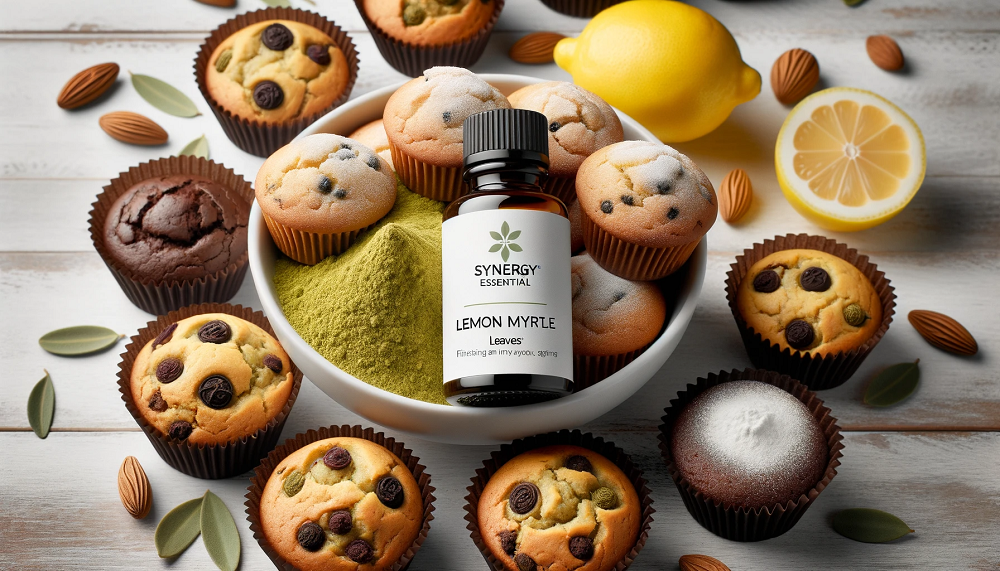
The Cultural Significance of Australian Herbs in Indigenous Practices: Latest Insights for 2025
TL;DR Indigenous Australians have used native herbs such as eucalyptus, tea tree, and wattleseed for…

TL;DR Indigenous Australians have used native herbs such as eucalyptus, tea tree, and wattleseed for centuries in medicine, spirituality, and community rituals. Modern research now acknowledges their antimicrobial and aromatic properties, creating a bridge between tradition and science. Cultural preservation initiatives in 2025 highlight Indigenous-led herbal enterprises and sustainable harvesting methods. Understanding and respecting traditional…

TL;DR Australian herbs like cinnamon myrtle and lemon myrtle may help maintain balanced blood sugar naturally. Recent studies highlight the role of black tea, berberine, and native botanicals in supporting glucose balance. Always choose standardized, high-quality supplements and avoid products with fake doctor endorsements. Pair herbal use with balanced meals and regular movement for best…

TL;DR Synergy Essential sources vanilla directly from Madagascar farmers, ensuring authenticity and fair value. Rigorous testing validates purity, helping maintain consistent aroma and flavor profiles. Member of the Sustainable Vanilla Initiative (SVI), fostering long-term environmental and economic stability. Emphasis on traceability reduces fraud and enhances consumer confidence. Ongoing 2025 updates highlight improved farmer partnerships and…

TL;DR Kakadu plum is Australia’s powerhouse fruit known for its exceptional vitamin C levels. Antioxidants in Kakadu plum help protect skin cells from oxidative stress that accelerates aging. Supports collagen formation, enhancing skin firmness and elasticity. Best used in synergy with a balanced diet and daily skincare routine. Choose ethically sourced, tested Kakadu plum extracts…

TL;DR Aniseed myrtle offers a delicate licorice-like flavor that complements Indian spices like cumin and cardamom. It’s caffeine-free and blends beautifully in curries, chutneys, and desserts. Recent interest in native Australian botanicals has made aniseed myrtle a sought-after fusion ingredient in 2025. Store dried leaves in a cool, airtight container to preserve their long shelf…

TL;DR Macadamia oil offers deep hydration and helps restore hair strength and shine. Its antioxidants and essential fatty acids support smoother, more radiant skin. The oil’s lightweight texture makes it ideal for daily hair and skin care routines. Look for cold-pressed, sustainably sourced macadamia oil for optimal quality. Synergy Essential emphasizes purity, responsible sourcing, and…

Kakadu Plum is one of nature’s richest sources of vitamin C, offering exceptional antioxidant protection. It helps support collagen formation and brightens skin tone when used in topical formulations. Ongoing research highlights its potential for environmental skin defense and radiance enhancement. Choose sustainably sourced Kakadu Plum extracts for maximal purity and efficacy. What It Is…

TL;DR: Australian Indigenous herbs hold deep cultural and spiritual significance rooted in traditional healing. Modern health systems increasingly recognize their potential role in sustainable wellness. Commonly studied herbs include lemon myrtle, wattleseed, and Kakadu plum. Ethical sourcing and respect for First Nations knowledge are essential for responsible innovation. Integration efforts in 2025 emphasize cultural collaboration,…

TL;DR Sustainable herb farming in Australia cuts agricultural emissions and conserves water. Farmers are increasingly adopting renewable energy and regenerative soil programs. Digital tools and agroecological practices boost biodiversity and crop resilience. Consumers can support low-carbon agriculture by choosing locally and ethically grown herbs. What It Is and Why It Matters Now Australia’s shift toward…

Stringent quality assurance safeguards herbal product integrity and consumer trust. GMP and WHO standards remain central to global regulatory compliance in 2025. Innovations like DNA barcoding strengthen traceability and curb adulteration. Synergy Essential implements robust verification techniques to ensure purity and safety. Consumers benefit from increased transparency and evidence-backed manufacturing practices. What It Is and…